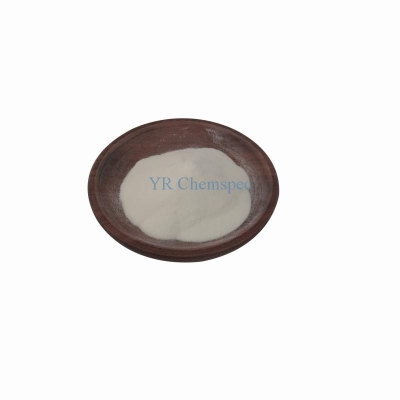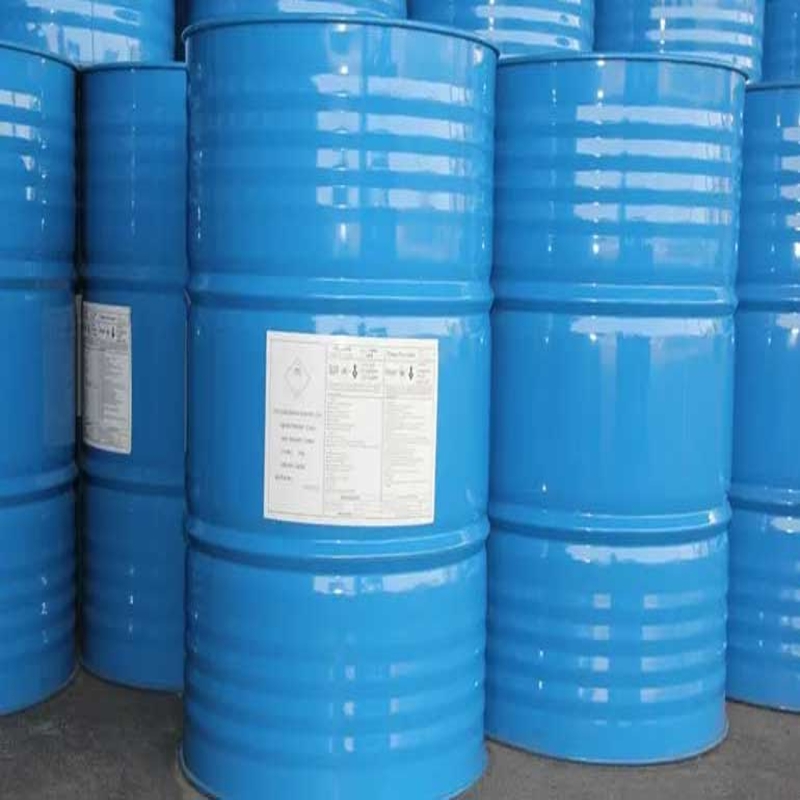-
Categories
-
Pharmaceutical Intermediates
-
Active Pharmaceutical Ingredients
-
Food Additives
- Industrial Coatings
- Agrochemicals
- Dyes and Pigments
- Surfactant
- Flavors and Fragrances
- Chemical Reagents
- Catalyst and Auxiliary
- Natural Products
- Inorganic Chemistry
-
Organic Chemistry
-
Biochemical Engineering
- Analytical Chemistry
-
Cosmetic Ingredient
- Water Treatment Chemical
-
Pharmaceutical Intermediates
Promotion
ECHEMI Mall
Wholesale
Weekly Price
Exhibition
News
-
Trade Service
Recently, scientists from the Shanghai Institute of Ceramics, Chinese Academy of Sciences, successfully developed a high-performance supercapacitor electrode material - nitrogen-doped ordered mesoporous graphene
.
The material has excellent electrochemical energy storage properties and can be used as a "super battery" for electric vehicles, charging in just 7 seconds and having a range of 35 kilometers
.
It is understood that supercapacitors are an electrochemical energy storage device
between traditional capacitors and batteries.
Due to its high power density, long cycle life, safety and reliability, it has been widely used in hybrid electric vehicles, high-power output equipment and other fields
.
However, supercapacitors are not "perfect", and the core problem is their low
energy density.
How to make supercapacitors have both high power and high energy, scientists have not found the ideal material
for a long time.
Compared with traditional electrode materials, graphene has four outstanding advantages: first, high specific surface area is conducive to high energy density; Second, ultra-high conductivity is conducive to maintaining high power density; Third, the rich chemical structure is conducive to the introduction of pseudocapacitors and the improvement of energy density; Fourth, the special electronic structure is conducive to optimizing the relationship between
structure and performance.
Through trial and error, design and synthesis, Huang Fuqiang's team found that nitrogen-doped ordered mesoporous graphene had the best
performance.
It can not only achieve high energy density and high power density, but also achieve non-toxic, environmentally friendly, inexpensive, safe and reliable
through the use of water-based electrolytes.
According to reports, the new graphene supercapacitor is lightweight, non-flammable and not explosive, and can be prepared at low cost to achieve large-scale production
.
Because the performance has obvious competitive advantages compared with lead-acid, nickel-metal hydride and other batteries, and is better than lithium batteries in fast charging and discharging, the "super battery" can be applied to the replacement of existing hybrid electric vehicles and high-power output equipment
.
Recently, scientists from the Shanghai Institute of Ceramics, Chinese Academy of Sciences, successfully developed a high-performance supercapacitor electrode material - nitrogen-doped ordered mesoporous graphene
.
The material has excellent electrochemical energy storage properties and can be used as a "super battery" for electric vehicles, charging in just 7 seconds and having a range of 35 kilometers
.
It is understood that supercapacitors are an electrochemical energy storage device
between traditional capacitors and batteries.
Due to its high power density, long cycle life, safety and reliability, it has been widely used in hybrid electric vehicles, high-power output equipment and other fields
.
However, supercapacitors are not "perfect", and the core problem is their low
energy density.
How to make supercapacitors have both high power and high energy, scientists have not found the ideal material
for a long time.
Compared with traditional electrode materials, graphene has four outstanding advantages: first, high specific surface area is conducive to high energy density; Second, ultra-high conductivity is conducive to maintaining high power density; Third, the rich chemical structure is conducive to the introduction of pseudocapacitors and the improvement of energy density; Fourth, the special electronic structure is conducive to optimizing the relationship between
structure and performance.
Through trial and error, design and synthesis, Huang Fuqiang's team found that nitrogen-doped ordered mesoporous graphene had the best
performance.
It can not only achieve high energy density and high power density, but also achieve non-toxic, environmentally friendly, inexpensive, safe and reliable
through the use of water-based electrolytes.
According to reports, the new graphene supercapacitor is lightweight, non-flammable and not explosive, and can be prepared at low cost to achieve large-scale production
.
Because the performance has obvious competitive advantages compared with lead-acid, nickel-metal hydride and other batteries, and is better than lithium batteries in fast charging and discharging, the "super battery" can be applied to the replacement of existing hybrid electric vehicles and high-power output equipment
.







